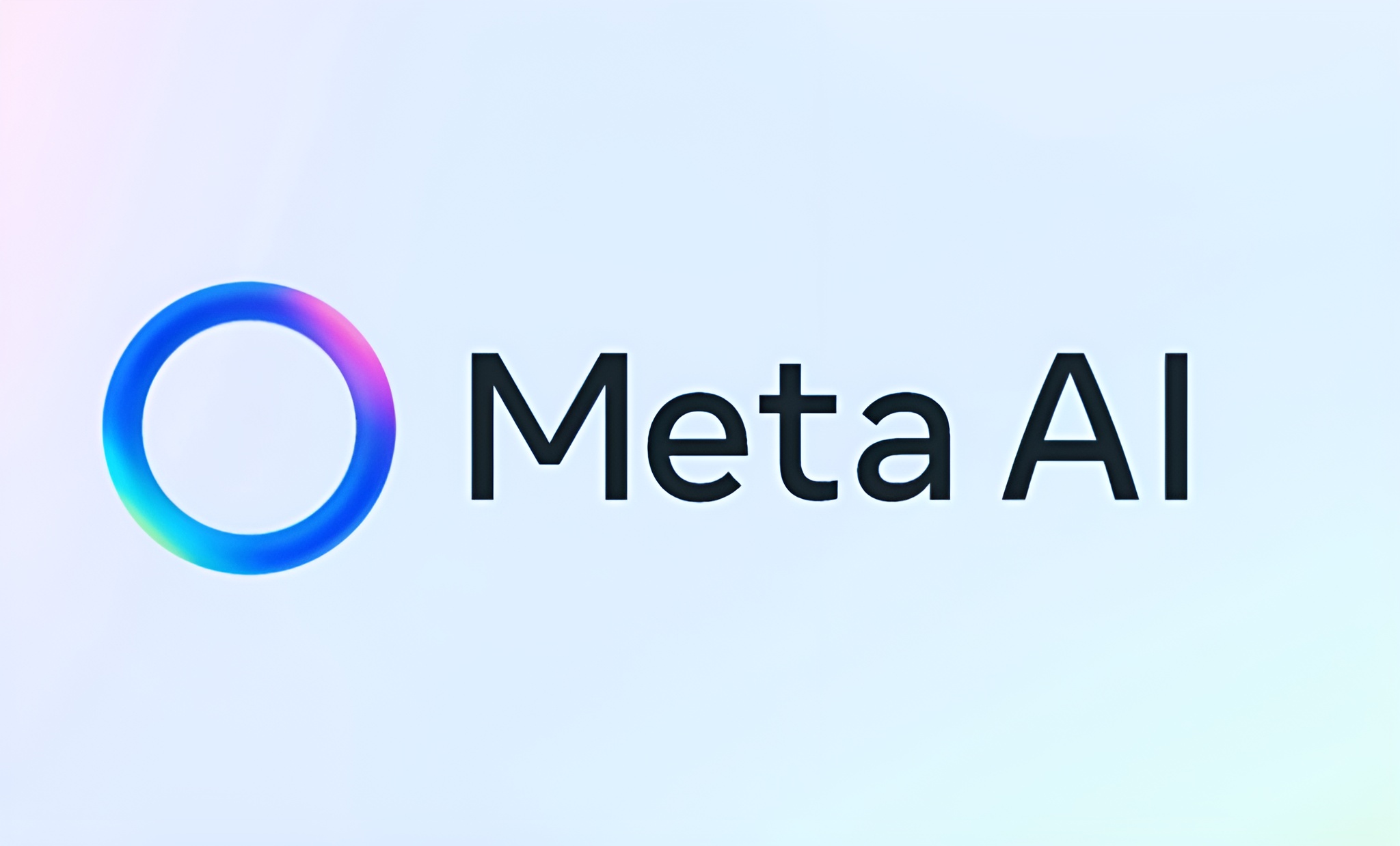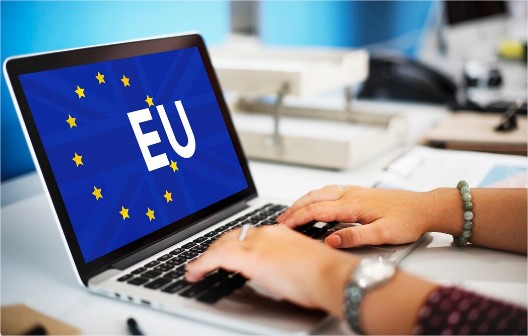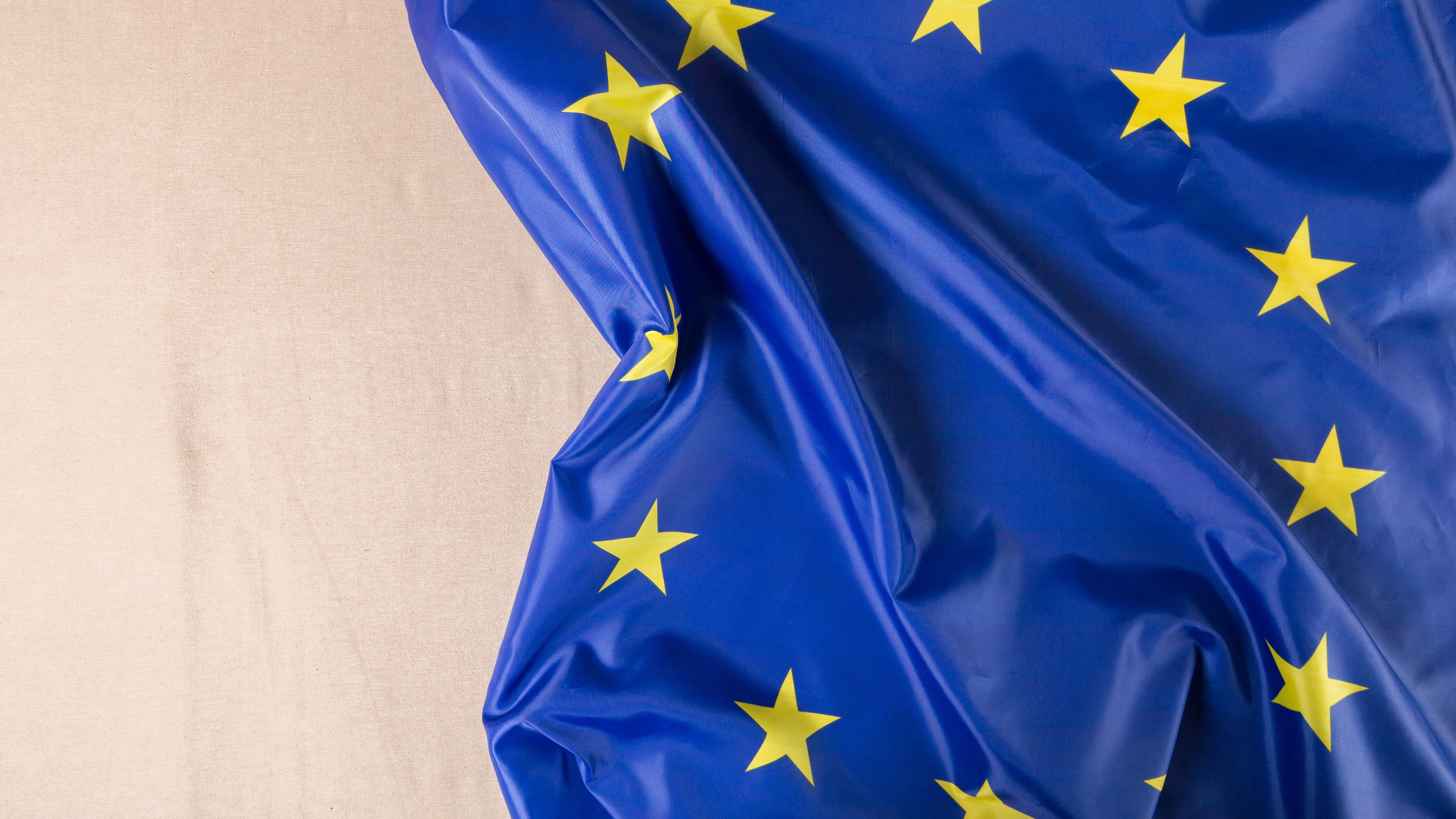Regulators continue to face hurdles in overseeing global crypto markets as privacy laws block effective cross-border data sharing, the Financial Stability Board warned. Sixteen years after Bitcoin’s launch, regulation remains inconsistent, with differing national approaches causing data gaps and fragmented oversight.
The FSB, under the Bank for International Settlements, said secrecy laws hinder authorities from monitoring risks and sharing information. Some jurisdictions block data sharing with foreign regulators, while others delay cooperation over privacy and reciprocity concerns.
According to the report, addressing these legal and institutional barriers is essential to improving cross-border collaboration and ensuring more effective global oversight of crypto markets.
However, the FSB noted that reliable data on digital assets remain scarce, as regulators rely heavily on incomplete or inconsistent sources from commercial data providers.
Despite the growing urgency to monitor financial stability risks, little progress has been made since similar concerns were raised nearly four years ago. The FSB has yet to outline concrete solutions for bridging the gap between data privacy protection and effective crypto regulation.
Would you like to learn more about AI, tech and digital diplomacy? If so, ask our Diplo chatbot!










